Wheat Cycle (1975)
Genre : Documentary
Runtime : 16M
Director : David Hancock, Herbert Di Gioia
Synopsis
The people and their labor are bound to the land in the cycle of activities to the sowing to the harvesting of wheat. Without narration or subtitles, the film conveys a sense of unity between the people and the land. Filmed in the Balkh Province, an area inhabited by Tajik and other Central Asian peoples. The town of Aq Kupruk is approximately 320 miles northwest of Kabul. The theme of the film focuses on rural economics. The film and accompaning instructor notes focus on herding, and fishing under diverse environmental conditions. The impact of technological change, human adaptation, and governmental extension of market systems are parallel themes.
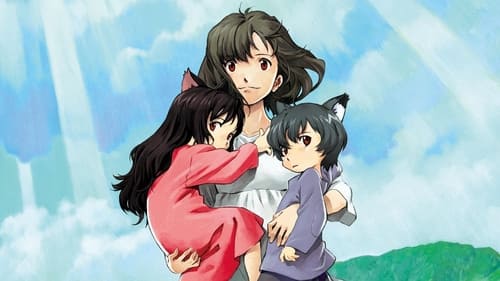
After her werewolf lover unexpectedly dies in an accident, a woman must find a way to raise the son and daughter that she had with him. However, their inheritance of their father's traits prove to be a challenge for her.
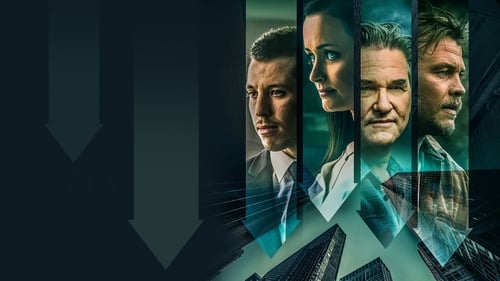
A young agent is tasked with investigating a tangled web of corruption and fraud in New York.

Sheds light on an alternative approach to farming called “regenerative agriculture” that could balance our climate, replenish our vast water supplies, and feed the world.

When an injured wife-murderer takes refuge on a remote Lancashire farm, the farmer’s three children mistakenly believe him to be the Second Coming of Christ.

Exposing the dark underbelly of modern animal agriculture through drones, hidden & handheld cameras, the feature-length film explores the morality and validity of our dominion over the animal kingdom.
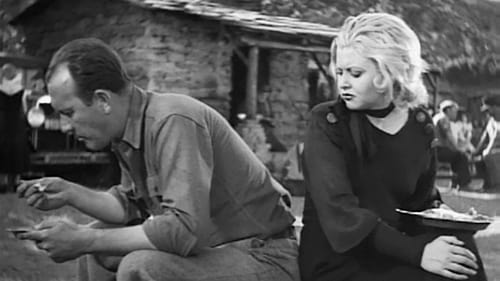
John and Mary Sims are city-dwellers hit hard by the financial fist of The Depression. Driven by bravery (and sheer desperation) they flee to the country and, with the help of other workers, set up a farming community - a socialist mini-society based upon the teachings of Edward Gallafent. The newborn community suffers many hardships - drought, vicious raccoons and the long arm of the law - but ultimately pull together to reach a bread-based Utopia.

A group of people setting out to find a previously assumed land and upon reaching it, not knowing how to deal with the customs of the place, have to deal with all the consequences.
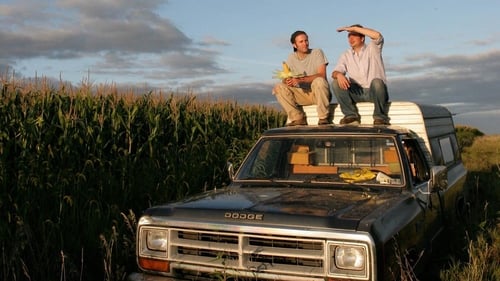
King Corn is a fun and crusading journey into the digestive tract of our fast food nation where one ultra-industrial, pesticide-laden, heavily-subsidized commodity dominates the food pyramid from top to bottom – corn. Fueled by curiosity and a dash of naiveté, two college buddies return to their ancestral home of Greene, Iowa to figure out how a modest kernel conquered America. With the help of some real farmers, oodles of fertilizer and government aide, and some genetically modified seeds, the friends manage to grow one acre of corn. Along the way, they unlock the hilarious absurdities and scary but hidden truths about America’s modern food system in this engrossing and eye-opening documentary.
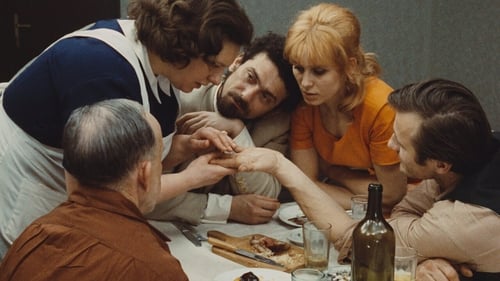
The title "All My Good Countrymen" is not without irony as this epic tale of Czech village life from shortly after the end of the Second World War concentrates on the activities of a group of friends who are not beyond reproach in siding with a politically corrupt regime for material advancement. Are these the "good countrymen" of the title or does it refer to the rest of the village who scorn these petty authority figure with silent contempt?

A strange story from Somerset, England about a filmmaking farmer and the inspiring legacy of his long-lost home movies.

Milk is Big Business. Behind the innocent appearances of the white stuff lies a multi-billion euro industry, which perhaps isn't so innocent…
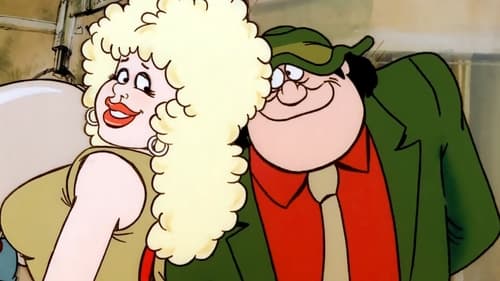
Featuring the characters from Murray Ball's "Footrot Flats", (New Zealands most beloved local cartoon strip ). Questions to be answered include: Will Wal Footrot win the affections of Cheeky Hobson over the sleazy Spit Murphy? Will the Dog win the affections of the lovely Jess? Will Wal make a good impression on the All Black selectors at Saturdays rugby match? Can Rangi and Pongo save Cooch's prize stag from the depths of Blackwater station, home of the Murphy's, their vicious dogs and deadly croco-pigs? All this and more will be answered as the small town of Raupo comes to life on the big screen.

Modern British dairy farms must get bigger and bigger or go under but Farmer Stephen Hook decides to buck the trend. Instead he chooses to have a great relationship with his small herd of cows and ignore the big supermarkets and dairies. The result is a laugh-out-loud emotional roller-coaster of a film, a heart warming tearjerker about the incredible bonds between man, animal and countryside in a fast disappearing England.
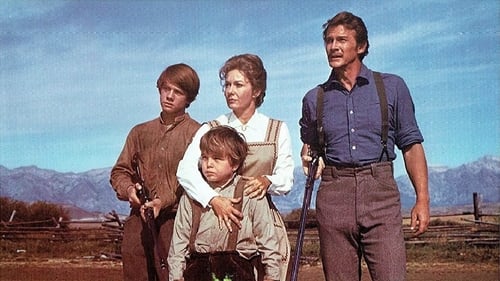
Uprooted from their comfortable home in Pennsylvania, James and Kate Tanner, along with their sons, Virgil and Andy, journey to the wild country of 1890s Wyoming to become farmers. Soon, they come face-to-face with tornadoes, bears and wolves. But through the hardships their love for each other endures, even when a local rancher sees the newcomers as "squatters" on his land, and will stop at nothing – including murder – to drive them out.
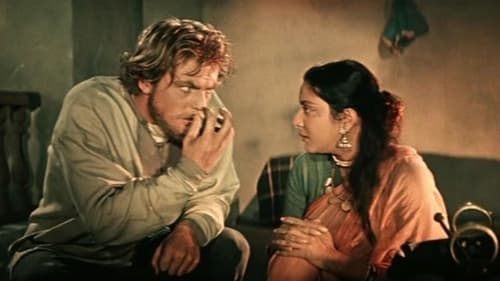
This first co-production of the Soviet and Indian cinematographers is dedicated to the Tver merchant Afanasy Nikitin who in 1466-1472 blazed the trade way from Europe to India. The film is based on Nikitin’s travel notes. Starring in the film are popular Russian actor Oleg Strizhenov and India’s 1950s movie star Nargis.

For ancient Mayans, cocoa was as good as gold. For subsistence farmer Eladio Pop, his cocoa crops are the only riches he has to support his wife and 15 children. As he wields his machete with ease, slicing a path to his cocoa trees, the small jungle plot he cultivates in southern Belize remains pristine and wild. His dreams for his children to inherit the land and the traditions of their Mayan ancestors present a familiar challenge. The kids feel their father's philosophies don't fit into a global economy, so they're charting their own course. Rohan Fernando's direction tenderly displays a generational shift, causalities of progress in modern times and a man valiantly protecting an endangered culture. Breathtaking vistas of lush rainforests contrast with the urban dystopia that pulled Pops children away from him. Will one child return to carry on a waning way of life
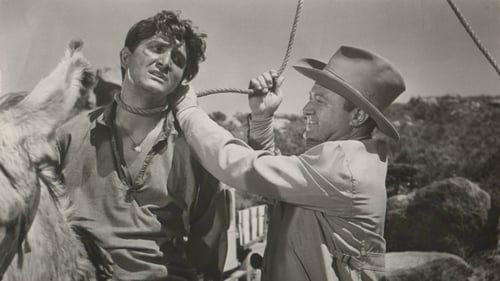
Santiago, a jolly modern bandito, has just lost his partner when he happens on the isolated farm of young Manuel and Maria Lopez...

A young woman in traditional Japanese attire fixes her hair and kimono while her servants assist her.

A look at man's relationship with Dirt. Dirt has given us food, shelter, fuel, medicine, ceramics, flowers, cosmetics and color --everything needed for our survival. For most of the last ten thousand years we humans understood our intimate bond with dirt and the rest of nature. We took care of the soils that took care of us. But, over time, we lost that connection. We turned dirt into something "dirty." In doing so, we transform the skin of the earth into a hellish and dangerous landscape for all life on earth. A millennial shift in consciousness about the environment offers a beacon of hope - and practical solutions.

Remember the culture clash in THE GODS MUST BE CRAZY? This time it's real. One of the most ancient cultures on our planet is undergoing a major change. The Ju/Hoansi Bushmen in Namibia are not allowed to hunt anymore and need to converge with our so called “civilized” lifestyle. For the first time the Ju/Hoansi Bushmen travel through the Kalahari and then right into the heart of Europe. What starts as a look at their fascinating culture becomes an even more fascinating look at our Western lifestyle. A warm and humorous reflection of our habits through the eyes of people who are about to give up their million year old traditions.


















